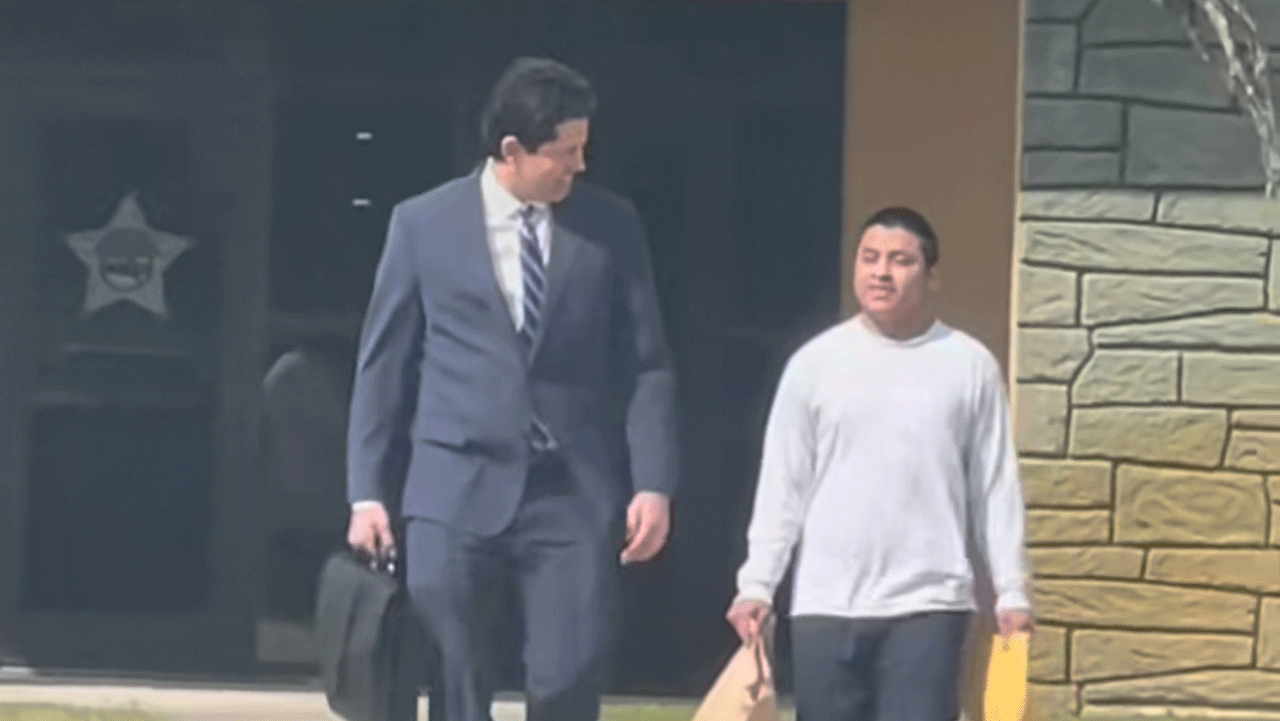The Republican House speaker, Mike Johnson, has brought a glimmer of hope to supporters of the Ukrainian war effort. He suggested to Fox News on March 31 that he would try to rally his divided party behind the so-called REPO Act. That piece of legislation would allow President Biden, working with European allies, to seize Russian currency reserves frozen in the West and use them to aid Ukraine.
Grabbing these reserves would be politically convenient. Since Russia’s invasion of Ukraine in February 2022, the United States and its allies have thrown more than a quarter-trillion dollars into the war, to little ultimate effect. Ukraine has lately suffered a string of battlefield defeats. Prolonging the war is a project that Americans of all political leanings have been steadily less willing to fund through taxes.
Mr. Johnson backs Ukraine’s war effort, and sees supporting it as a responsibility of American leadership. But his caucus — more in tune with the Republican voter base — has stymied him. The REPO Act might offer both Mr. Johnson and Mr. Biden a way to duck controversy.
Thus far, the idea of supplying Ukraine through a spending bill has brought scorn from congressional Republicans who wonder whether Americans’ taxes wouldn’t be better spent on defending the U.S.-Mexico border. The REPO Act, by contrast, could make “Russia foot the bill for its own aggression,” as a group of Brookings Institution scholars puts it. Mr. Johnson himself calls it “pure poetry.” It is a tempting idea.
But it is a bad one. In any free country there is a constitutional wariness of allowing the government to do anything without levying taxes, for good reason. Taxes and accountability go together. Generally, if citizens aren’t paying for a government program through taxes, they are paying for it in some less straightforward way — by taking on debt, for instance, or permitting an outsize governmental role for some corporation or other private interest.
The REPO Act carries additional risks. The very act of seizing Russian assets would pose dangers to the U.S. economy, because other countries, not just Russia, would view it as an act of brigandage. This could weaken the dollar’s status as the main global reserve currency.
The dollar is probably the most valuable strategic asset the United States has. We exercise a degree of control over the world economy because the world, for trading purposes, allows its transactions to pass through our currency. This leaves us with cheaper transaction costs and lighter financial burdens. It gives us leeway to run up debt ($34 trillion of it so far) that other countries lack.
If Russia, China and other diplomatic rivals were to decide that their dollar assets were vulnerable and that they could no longer trust the dollar as a means of exchange, we would feel the pain of that $34 trillion in debt in a way that we don’t now. Retaining the advantages of a reserve currency depends on our behaving as a trustworthy and neutral custodian of others’ assets. If we start stealing people’s money, that could change.
At the start of the war, Russia had about $600 billion in reserves. That means securities denominated in euros, dollars, British pounds, yen and various other stable, convertible currencies, along with gold. In normal times, Russia, like other countries, holds those currencies to facilitate trade and stabilize its own currency. Little of that money — a few billion dollars — is in the United States. Most talk of seizing Russian assets concerns the roughly $300 billion held in Europe, the bulk of it at a depository in Belgium called Euroclear.
Although Europeans regulate this money, they have mostly followed America’s lead on diplomatic and strategic matters since the start of the war. Individual European countries, above all Germany, have urged caution before laying hands on Russia’s reserves, fearing that such a move would jeopardize the euro’s own status as a (lesser) reserve currency. The REPO Act could goad them to act more aggressively.
The European Union has proposed a compromise between leaving the money alone and seizing it all. It has asked Euroclear to hold in separate accounts the profits generated by its Russian assets. These profits could then be taxed at a high rate, and the proceeds delivered to Ukraine, an accounting maneuver expected to yield about $3 billion a year.
Other Europeans have proposed a more reckless course. They argue that Russia’s hundreds of billions of dollars should be used as collateral for a large Western war loan to Ukraine, to be repaid out of anticipated reparations, for which the European Union could replace Ukraine as the claimant.
These debates come down to the difference between freezing assets and seizing them. For the last few months Mr. Biden and his administration have called for seizing the Russian reserves outright and using them to fund the war against Russia — a move that would be, if not entirely unprecedented, then at least radical. Freezing reserves happens. Actually seizing them has been done only in drastic circumstances, and then only in a limited way.
The United States froze Iranian assets in the opening days of the hostage crisis of 1979 — but most of these were unfrozen two years later. Frozen assets were used to pay war reparations to Kuwaiti victims of Iraq’s 1990 invasion — but that was according to a plan approved by the U.N. Security Council the following year. The United States seized about $1.7 billion from Iraq in 2003 — but that was in the midst of war. And last September Mr. Biden himself returned a few billion dollars of frozen assets to Iran as part of a deal that saw the repatriation of Americans imprisoned there. Freezing has generally not meant seizing.
Things started changing, though, with the disorderly withdrawal of American troops from Afghanistan in the summer of 2021. In the aftermath, the Biden administration froze the country’s $7 billion in reserves, earmarking half of it for a compensation fund for the families of victims of the Sept. 11 attacks. Even though it was arguably a wartime measure, this kind of seizure was irregular and surprising. Few viewed it as a precedent: Russia’s central bank was not hiding its reserves through shell companies or other trickery on the eve of its Ukraine invasion. No one seems to have considered the possibility that a foreign banking authority might simply take the money.
Mr. Biden and Mr. Johnson, in their different ways, are each claiming the mantle of moral leadership for their respective parties. “American leadership is what holds the world together,” Mr. Biden said last fall, and walking away from Ukraine, he contends, would put that leadership at risk. Mr. Johnson has accused Mr. Biden of “projecting weakness” in his foreign policy, and is presenting an alternative.
The larger worry is not moral but practical. If the REPO Act is enacted, then currency seizures, now seen as a tool of last resort, might turn into standard operating procedure, to America’s detriment. Any foreign government liable to having an American voting bloc riled up against it — China, for starters — would think twice before parking its assets in the United States or with one of its NATO allies.
That is not yet a probability, but it is a possibility that no politician of either party should lose sight of. For decades now, the United States has been deferring hard decisions at home and abroad and papering over partisan divisions with the tens of trillions of dollars that our advantageous international position has allowed us to borrow. Our options, though, are narrowing. If Mr. Johnson thinks the United States is “projecting weakness” now, wait till he sees it without its reserve currency.






